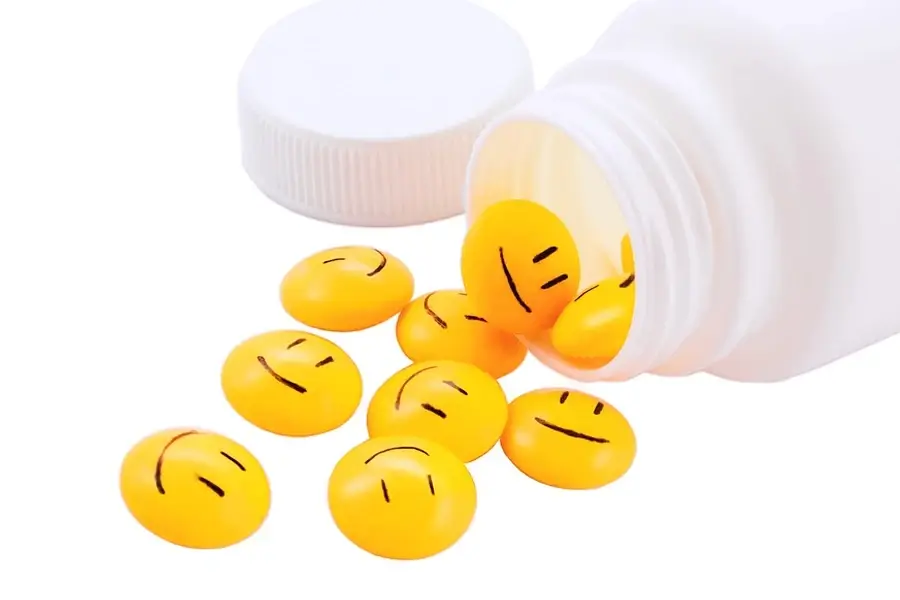The MDMA-assisted therapy approach is a treatment method that is currently in development for the treatment of post-traumatic stress disorder (PTSD), and it has demonstrated promising outcomes in clinical trials. The following is a rundown of what we are now aware of:
Do you know what MDMA-assisted therapy is?
MDMA is a synthetic drug that may also be referred to as molly or ecstasy. It is recognized for its euphoric characteristics. When used in a therapeutic setting, MDMA is administered in a controlled atmosphere under the supervision of a certified therapist.
Sessions of therapy often take place concurrently with or shortly after the administration of MDMA, with the primary focus being on the processing of traumatic memories and experiences.
There is a correlation between MDMA and heightened sentiments of empathy, emotional connection, and openness with its effects.
In what ways could MDMA be beneficial for treating PTSD?
There is a correlation between MDMA and heightened sentiments of empathy, emotional connection, and openness with its effects. This may assist those who suffer from post-traumatic stress disorder in confronting and processing unpleasant memories less frighteningly.
During therapy sessions, patients can be guided through the process of utilizing these emotional states to develop coping mechanisms and obtain fresh perspectives on their traumatic experiences.
Conclusions from Clinical Trials:
Several clinical trials in Phase 2 and Phase 3 have demonstrated that MDMA-assisted therapy is associated with significant decreases in the symptoms of post-traumatic stress disorder (PTSD) when compared to placebo treatment.
This is a significant step toward the possibility of the Food and Drug Administration (FDA) approving MDMA for the treatment of post-traumatic stress disorder (PTSD).
Positive findings from a Phase 3 trial were released by the Multidisciplinary Association for Psychedelic Studies (MAPS) in September 2023. This is a significant step toward the possibility of the Food and Drug Administration (FDA) approving MDMA for the treatment of post-traumatic stress disorder (PTSD).
Considerations of Vital Importance:
The availability of MDMA-assisted therapy is limited because it is still in the process of being researched and is not yet a broadly accessible treatment. There is a possibility that some individuals could take part in clinical studies. MDMA-assisted treatment is not a cure for post-traumatic stress disorder (PTSD), but it is designed to be used in conjunction with conventional psychotherapy.
Possible Adverse Reactions:
MDMA has the potential to cause adverse reactions such as nausea, anxiety, and clenching of the jaw. It is also possible that this product’s usage is related to unanticipated psychological hazards.
MDMA-assisted therapy is a promising new treatment option for post-traumatic stress disorder (PTSD).
According to the Drug Enforcement Administration (DEA) in the United States, MDMA is now categorized as a Schedule I drug, which indicates that it has a high potential for abuse and no medicinal purpose that is currently accepted. However, the research that is being done on MDMA-assisted therapy might result in modifications to the legal position of the treatment.
Access to Additional Resources for Information:
MAPS Multidisciplinary Association for Psychedelic Studies, can be found at:
National Institute of Mental Health (NIMH) on post-traumatic stress disorder (PTSD) found at:
https://www.nimh.nih.gov/health/topics/ptsd
In general:
MDMA-assisted therapy is a promising new treatment option for post-traumatic stress disorder (PTSD). However, because it is still being researched, it is not currently a generally available treatment. You should speak with a mental health expert who specializes in the treatment of post-traumatic stress disorder (PTSD) if you are interested in learning more about this technique. They will be able to explore the many treatment choices available to you and aid you in determining whether or not MDMA-assisted therapy is a viable option for you.
